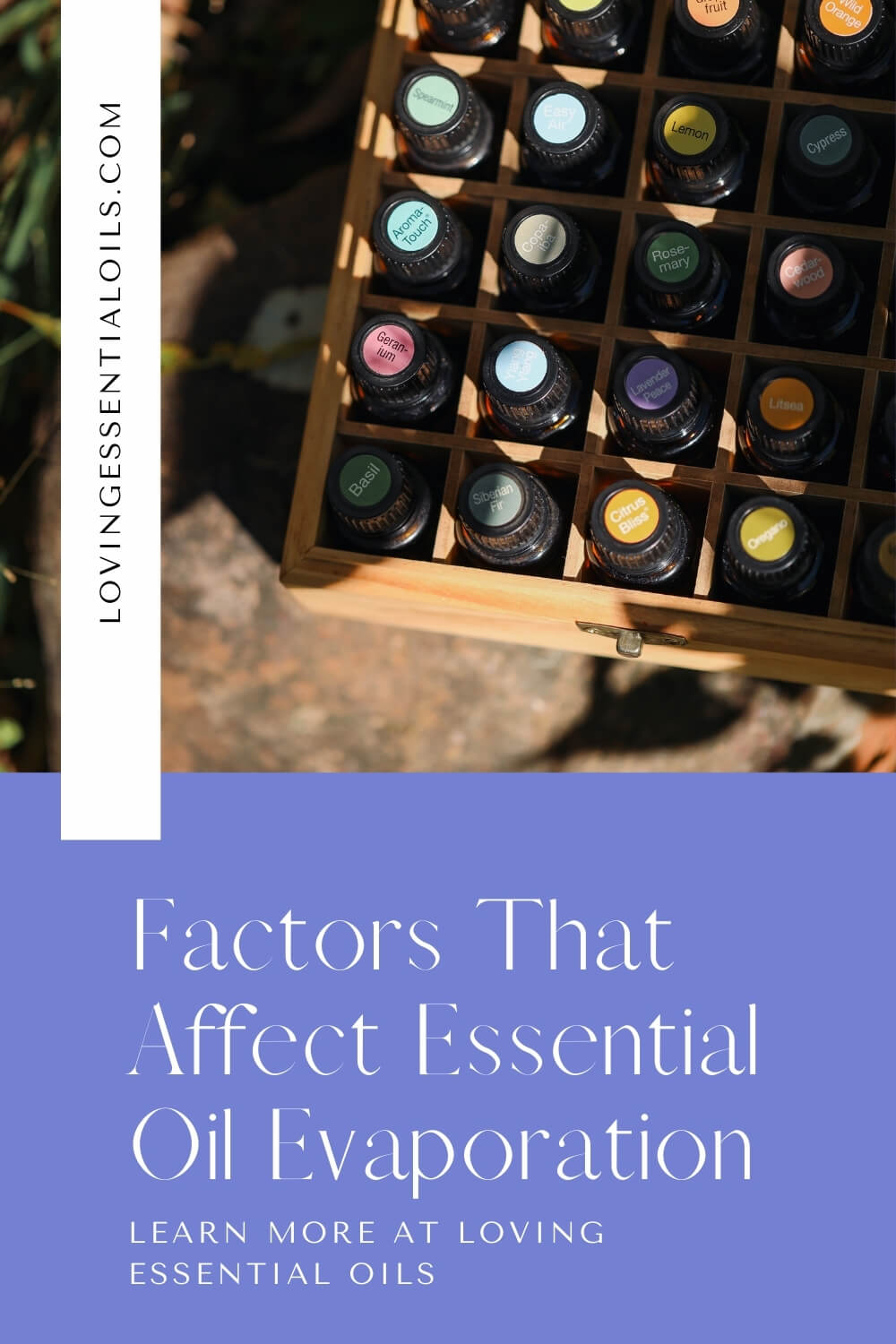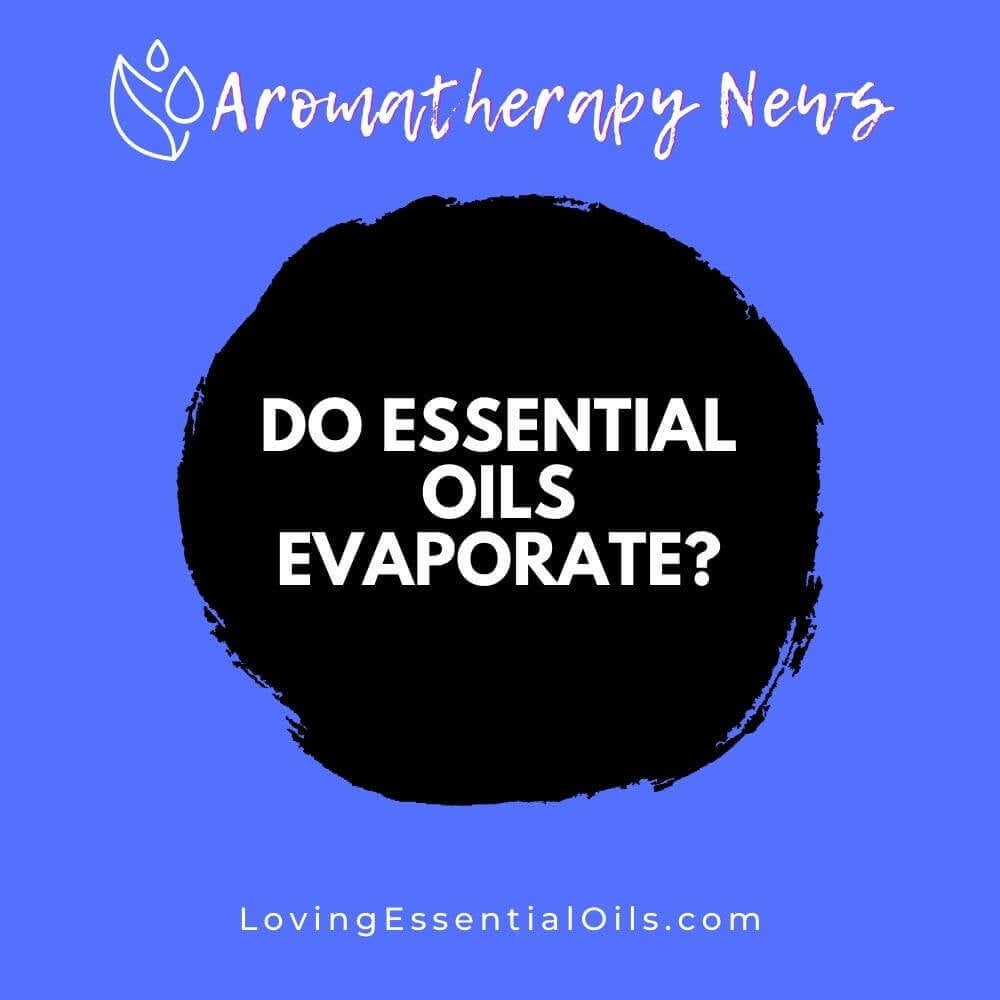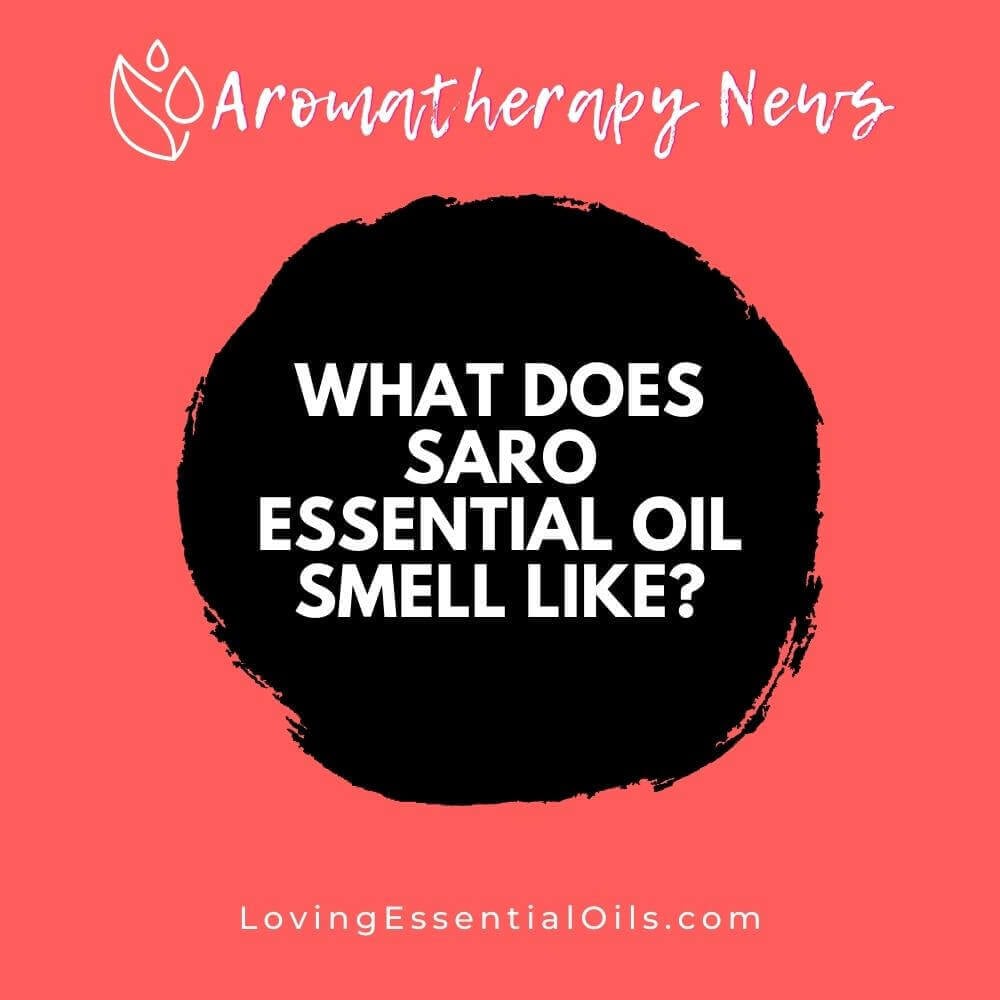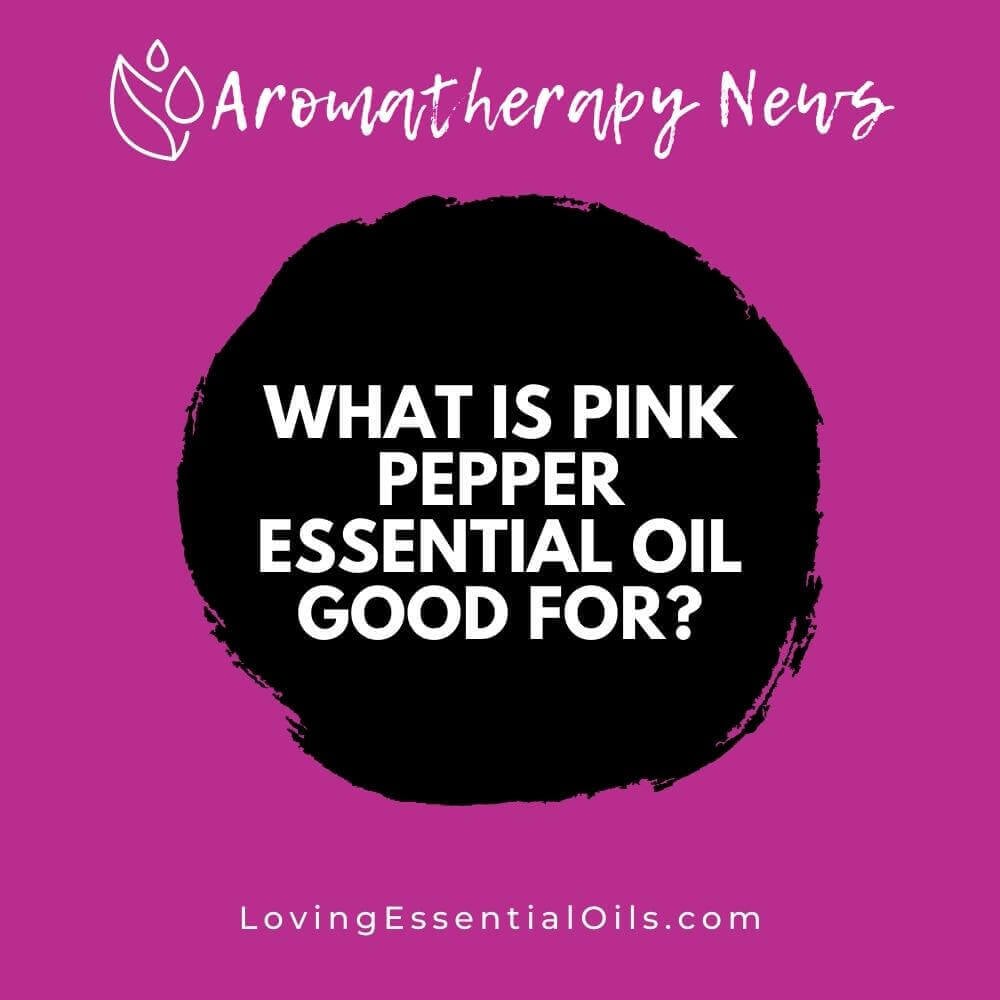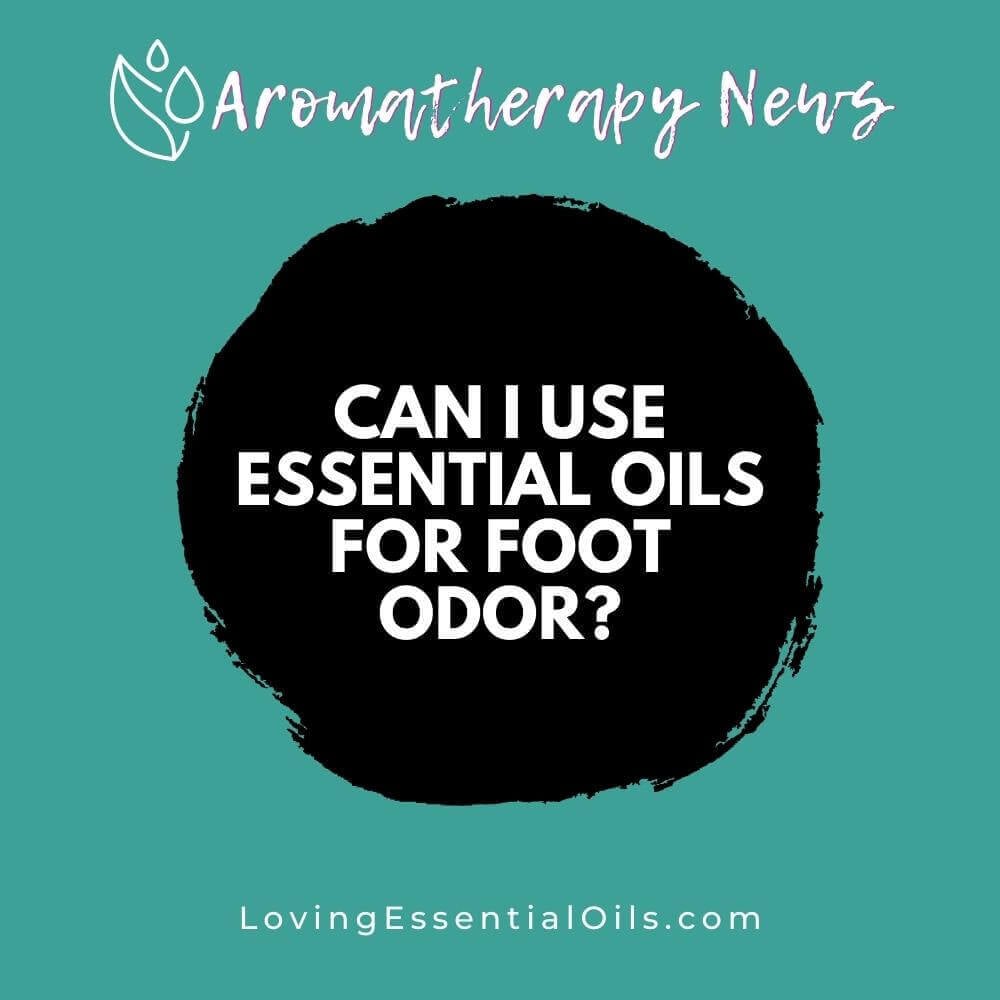Do essential oils evaporate? The simple answer is yes, they do! Let's dive a little deeper into this topic of essential oil evaporation, what causes it and how to slow it down. To minimize unwanted evaporation, there are several steps you can take, we will share them below.
Do Essential Oils Evaporate?
Essential oils are very volatile and can evaporate quickly. Volatility is the speed at which a substance can evaporate. Evaporation refers to the change of substances from liquid to gaseous phases.
All essential oils share similar physical properties. Essential oils are strongly aromatic liquids at room temperatures, lipid-soluble, they do not dissolve in water, and they are highly volatile.
Evaporation rates are affected by temperature, molecular size, surface area, air circulation, and temperature.
Factors That Affect Essential Oil Evaporation
There are a few different factors that can affect how quickly an essential oil evaporates.
Air Circulation
The most important factor is the element of air. Airspeed, humidity, and temperature all play a role in how quickly an oil will evaporate.
Oil Composition
The second factor is the composition of the oil itself. Every essential oil is made up of different molecules, and each molecule has a different rate of evaporation. For example, lighter molecules like citrus oils will evaporate much more quickly than heavier molecules like myrrh or patchouli.
Essential Oil Container and Size
The final factor is container type. Some containers allow essential oils to evaporate more quickly than others, like clear or plastic. The only thing that can evaporate if the bottles are sealed tightly is the amount that completely saturates any air space between the oil and the lid.
You should empty your essential oils into smaller containers if you've used up a large amount of the oil. The volatile essential oils can saturate any air they are exposed to. A larger, half-empty container will hold more air than a smaller one.
Now that you understand what factors affect evaporation, let's talk about what you can do to extend the life of your oils.
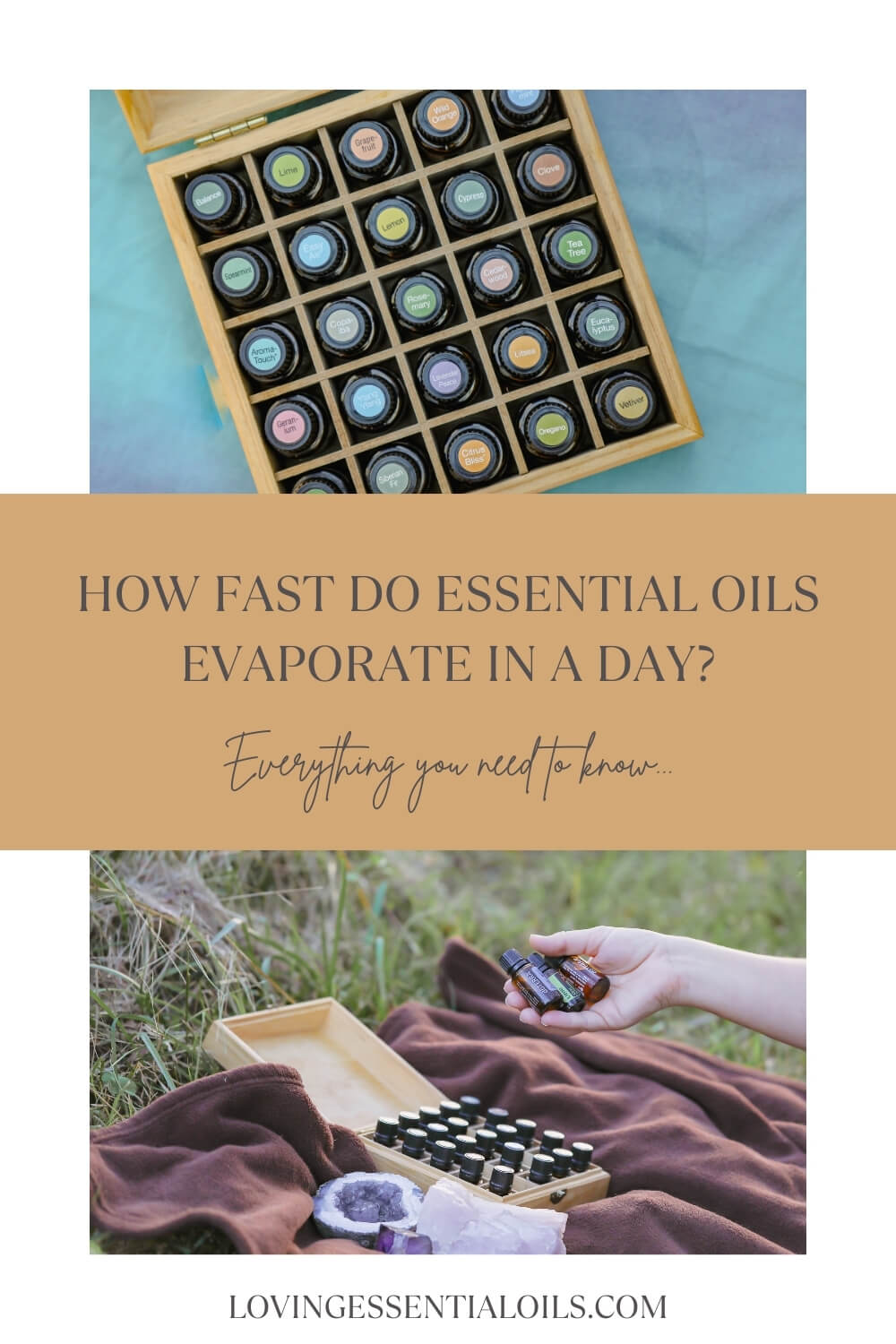
Simple Ways to Extend the Life of Your Essential Oils
Essential oils are a wonderful way to enjoy the benefits of aromatherapy, but they can be costly. If you're wondering whether or not your essential oils are evaporating too quickly, here are a few things you can do to extend their life.
- The most important thing you can do is store your oils in a cool, dark place.
- Heat and light will cause your oils to degrade more quickly, so avoid storing them in sunny spots or near heat sources.
- Replace the caps immediately after you use the oils. This will reduce the amount of time the oil can be exposed to air.
- You should also consider using a diffuser instead of applying your oils directly to your skin. When you apply them topically, they will begin to evaporate immediately and won't last as long.
- If you want your oils to last longer, use them in a diffuser where they will be slowly released over time.
- Bottles left open can lead to evaporation. Essential oils can become very concentrated and can cause adverse reactions so make sure to store them with the lid tightly sealed.
- Reduce the number of times you open essential oil bottles. Every time you open your essential oil bottle's lid, the oil molecules inside evaporate.
- When you're not using the bottles, make sure the caps are securely screwed on.
Essential oils are volatile and will inevitably evaporate. If you use specific essential oils everyday and want to keep them handy then it is not as important because you will be using it up faster and won't need to extend the life.
By storing them in a cool, dark place and keeping the lids on tight, you can help your essential oils last longer. Not opening your essential oil bottles as often will help reduce the risk of evaporation.
Add a few drops on a tissue and use that to inhale throughout the day.
How Fast Do Essential Oils Evaporate in a Day?
There are many factors that affect the rate essential oils evaporate. Essential oil vaporization rate is affected by the size of the molecules. When essential oils have enough energy to overcome oil's surface tension, they evaporate as a vapor.
The speed at which molecules move determines how much energy they have. To evaporate water at the required speeds, heavier molecules require more energy.
The temperature affects the rate at which essential oils evaporate. It increases the kinetic energy and speed of essential oil molecules. The molecules moving faster will be able to overcome surface tension and escape into gas phase.
Keep the bottles out of direct sunlight and heat. Heat increases molecules' kinetic energy which in turn increases the frequency at which they can overcome surface tension.
The surface area of essential oils affects their rate of evaporation. Essential oil liquids have a very thin layer. The surface area of essential oil liquids is more likely to be affected by the movement and escape of moving molecules.
The rate of essential oil extraction is affected by air circulation. The possibility of new evaporation will be reduced if essential oil vapors saturate the air around the container.
Constant air circulation can increase the rate of essential oils evaporation. This is done by blowing the saturated air out of the container and replacing it in "fresh" air that allows the oils to evaporate.
What does Evaporation Mean for Diffusion of Essential Oils?
Diffusers are machines that disperse essential oils in the air. Aromas fade faster for essential oils that evaporate quickly. The aroma of lighter oils will fade quickly, while that of heavier oils will last for a longer time.
Citrus essential oils are light-weight essential oils. These oils are top notes and do not last for long.
Essential oils of medium weight include Rose, Ginger, Geranium and Ginger. These oils produce what are known as middle notes. They provide a consistent aroma.
Essential oils that are heavy-weight include Myrrh, Patchouli, and Sandalwood. These oils produce what is known as base notes and last for a long period of time.
Other Problems with Leaving Essential Oil Bottles Open
Essential oils can also react with oxygen in the atmosphere. Essential oils can be oxidized, which alters their properties and changes their consistency and smell.
If essential oils are left open, moisture can get in. The oil will be stained by water droplets.
It is easy to knock over essential oil bottles. You can easily spill essential oil bottles onto your floor or other surfaces if they are partially or open. This can be costly as essential oils can be expensive. Additional costs include staining and causing damage to furniture.
Your pets and children may come in contact with oil if the bottles are dropped or knocked over while you're not there. Essential oils can cause skin irritations if they come in contact with skin. Pets and children can also inhale the oil, which could cause irritation to their sensitive digestive tracts.
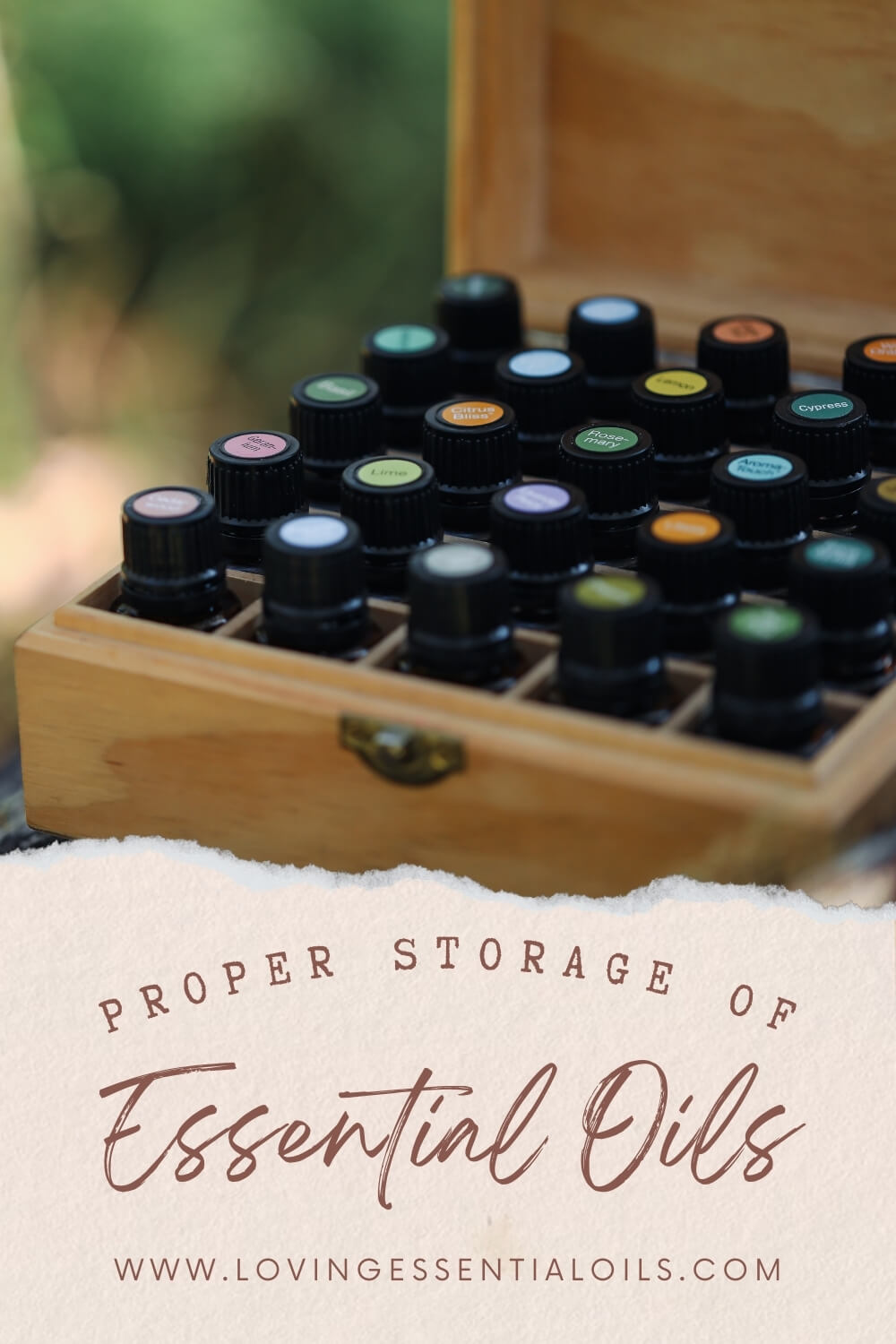
Proper Storage Of Essential Oils Helps with Evaporation
Essential oils can also be subject to evaporation. If essential oils are not stored properly, they can become dangerously degraded.
Keep essential oils in a dark place. Direct sunlight can cause oil to be damaged, as we have already mentioned. Essential oils should be kept in bottles that are amber or cobalt-colored to reduce light exposure.
Essential oils should be kept dry to avoid water droplets tainting the oils. Essential oils should not be stored in places like bathrooms or laundry rooms because of the humidity.
To prevent moisture contamination, oxidation and evaporation, ensure that caps are securely screwed on essential oil bottles.
Essential oils should not be stored in your car, near open flames, or heat sources like ovens, stovetops, radiators, or space heaters. Essential oils can evaporate due to heat, and bottles could explode.
Final Thoughts on Essential Oil Evaporation
Essential oils are highly volatile and will quickly evaporate. They evaporate at a faster rate when there is more temperature, surface area and air circulation. However, the rate of evaporation decreases as there is more molecular weight.
It is important to reduce the amount of evaporation due to the high cost of these oils. Evaporation can be minimized by closing the caps immediately after you have finished using the bottles. Keep the reducer lid on the bottles. Use smaller bottles and keep them away from heat and light.
Share on Pinterest
